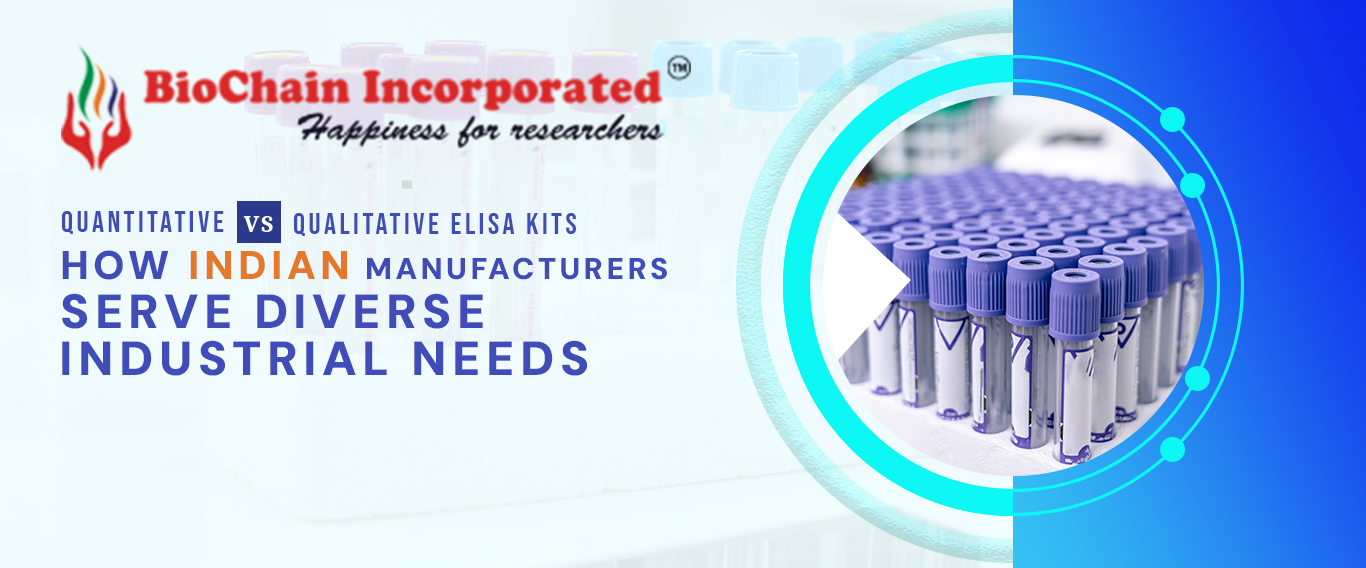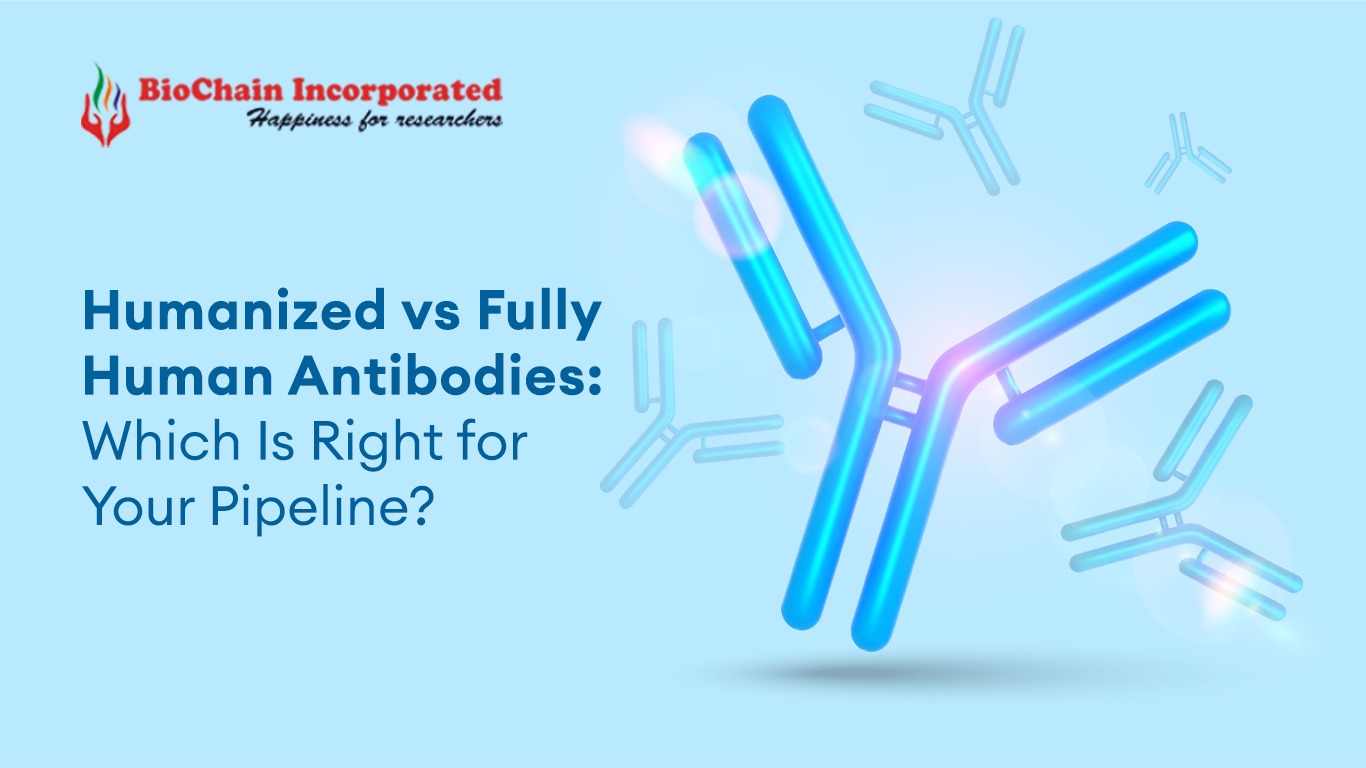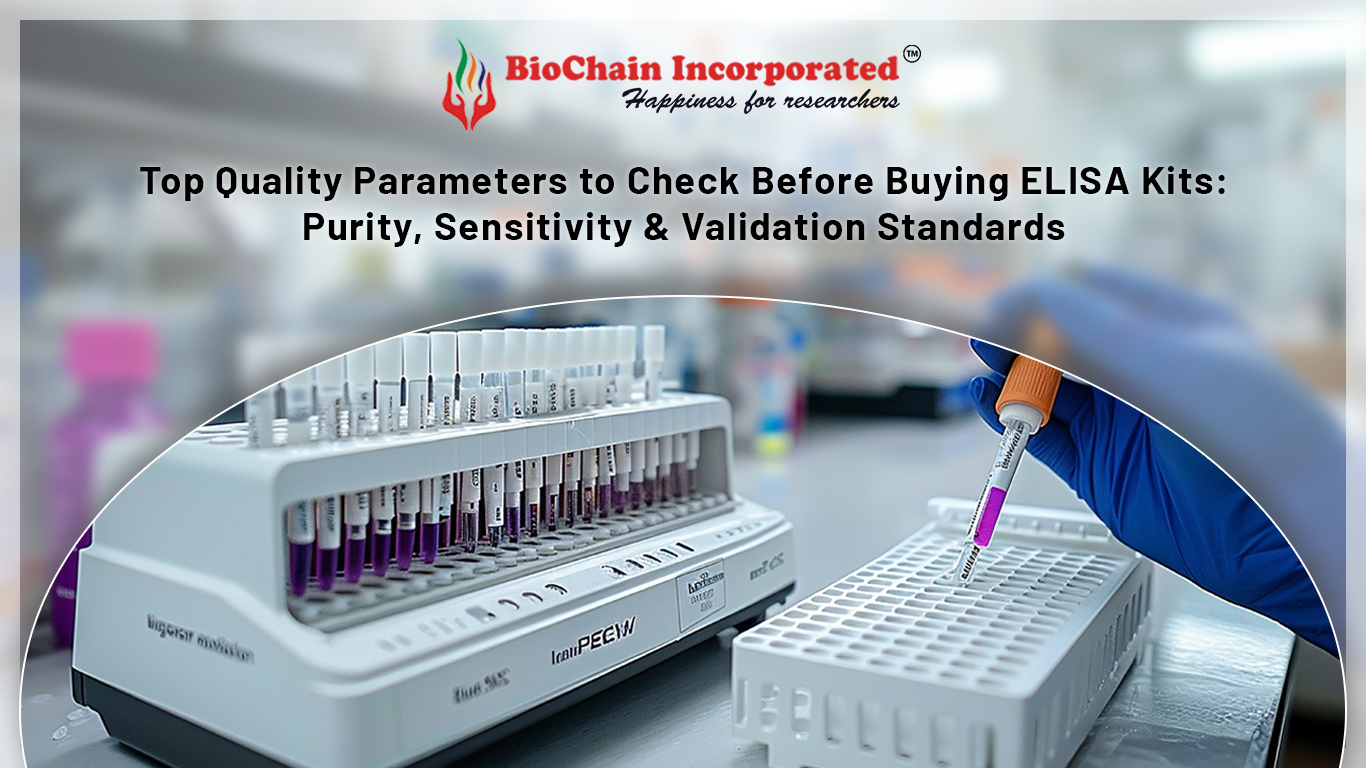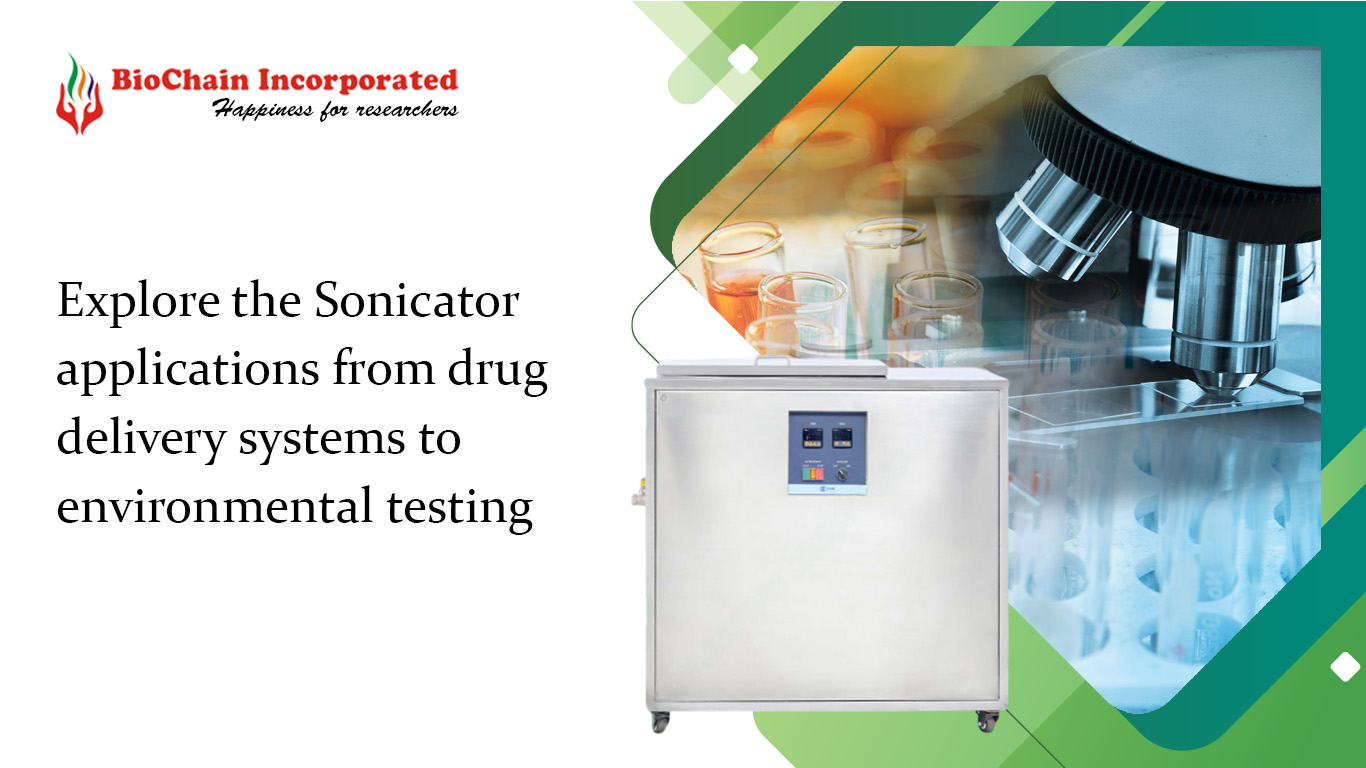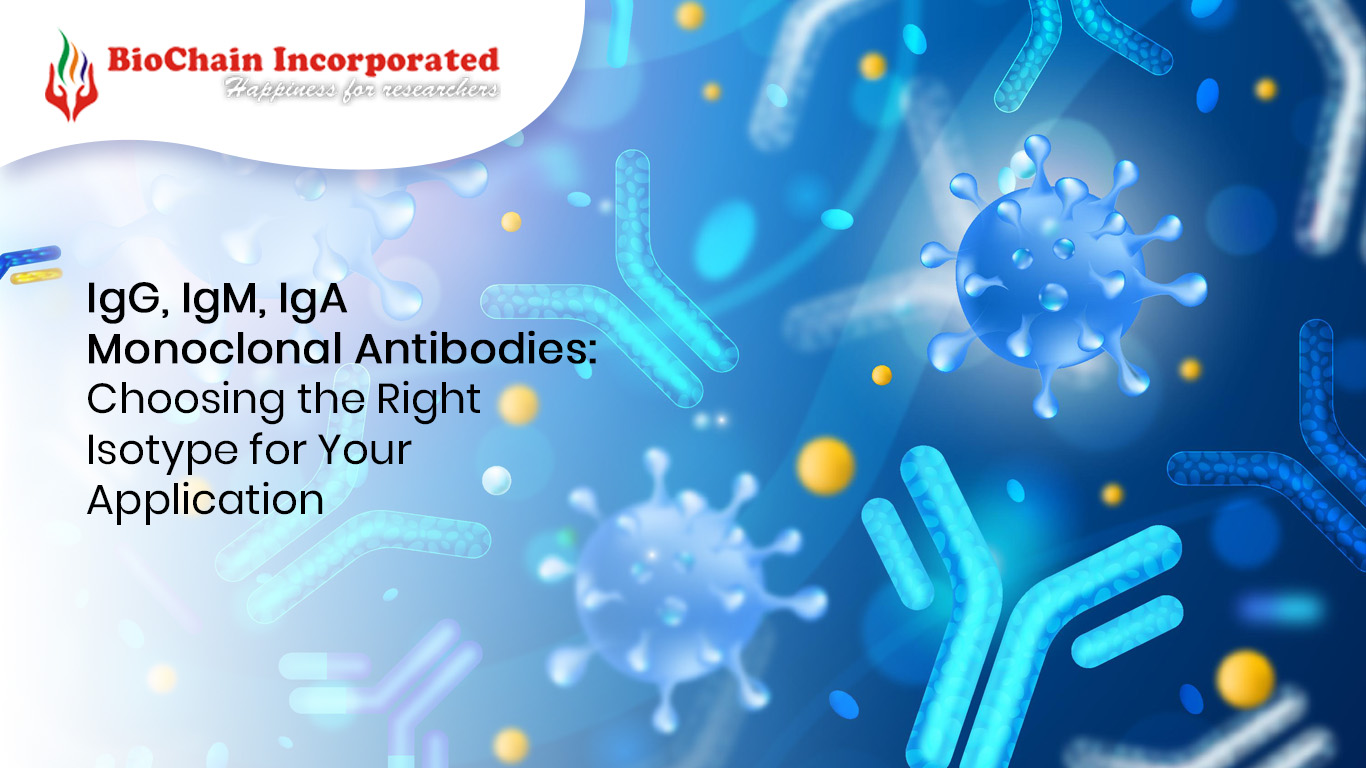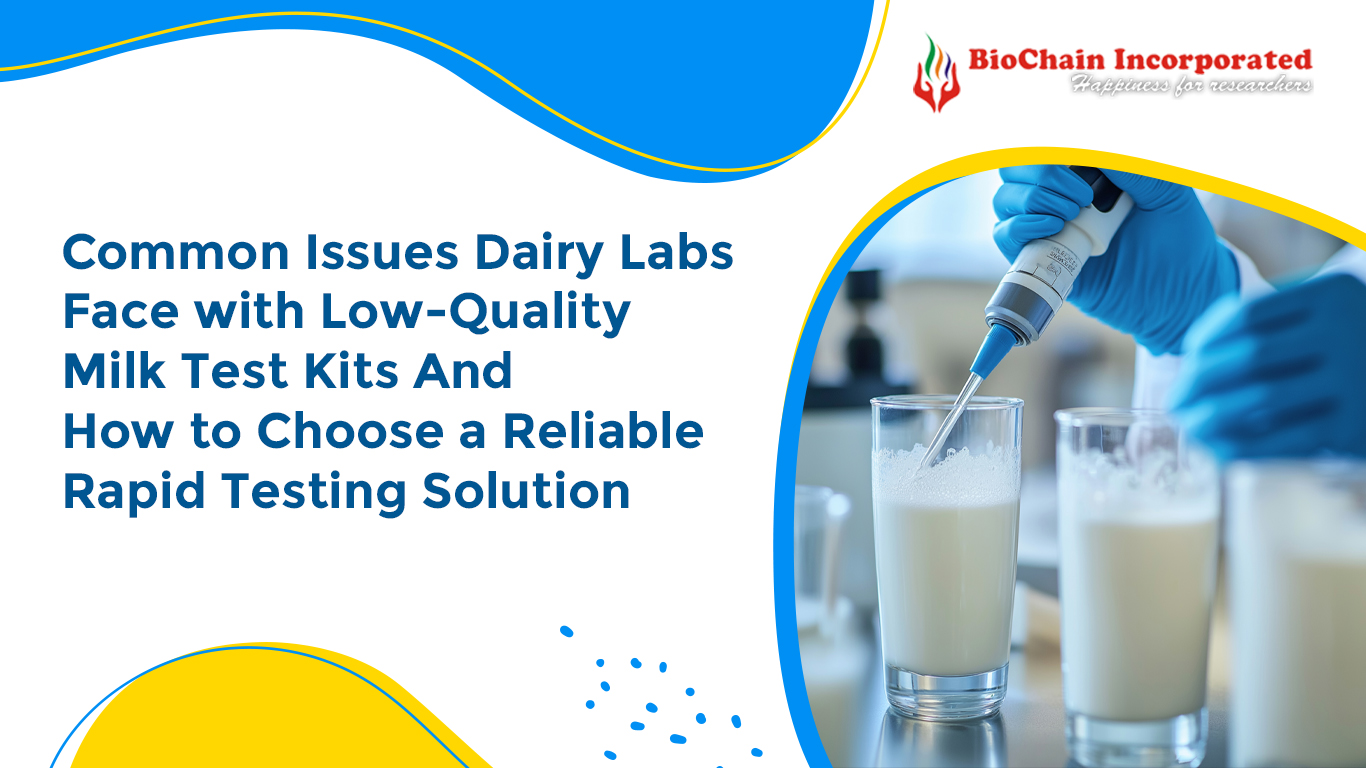Quantitative vs Qualitative ELISA Kits: How Indian Manufacturers Serve Diverse Industrial Needs
The good old Enzyme-Linked Immunosorbent Assay (ELISA) kits are the necessary media through which the world is reaching diagnostics, research, and industrial applications. The demand for quantitative and qualitative ELISA kits manufacturer in India is going up continuously, that is fueled by the developments in biomedicine, the regulations of the food safety, and the clinical diagnostics which all together drive the market for these products. Among the Indian producers, Biochain, a well-known biotech brand is the one to be a leader in making ELISA kits of high quality and customized for the diverse demand of the market.
Knowing the difference: Quantitative vs Qualitative ELISA
Qualitative or quantitative ELISA kits are two main categories into which ELISA kits fit.
Quantity ELISA kits measure the concentration of an analyte (such as hormones, cytokines, or pathogens) in a sample. They give the exact amount of a target substance, which makes them very important in clinical diagnostics, pharmacokinetics, and vaccine research.
On the other hand, qualitative ELISA kits just tell if there is a certain target substance present, without concentration information. They are mainly employed as screening tools—for example, they are used to find out if a patient has certain antibodies against an infectious disease, if there is an allergen in the food, or if there are pollutants in the water.
Each variant is designed for different industrial applications, and the presence of both types gives the manufacturers a competitive advantage.
Biochain: The Rising Indian Biotech Star
Recognized as one of the leading producers of qualitative and quantitative ELISA kits, the Indian based company Biochain has been working hard on increasing the number of its ELISA kits in the market. The company’s efforts towards R&D, low prices, and compliance with international standards have given it the opportunity to be present in many different sectors such as health, food safety, agriculture, and environmental monitoring.
Clinical Diagnostics
Biochain’s quantitative ELISA kits have found extensive application in Indian hospitals and labs to track biomarkers that are associated with diabetes, cardiac health, infectious diseases, and autoimmune conditions. Their kits provide excellent sensitivity and reproducibility, which are essential for patient management and treatment decisions.
Food Safety and Agriculture
Biochain is one example of a company that produces ELISA kits that are qualitative to detect toxins, allergens, and pesticide residues as a response to the increased food safety concerns. Throughout India, food manufacturers, regulatory agencies, and quality control labs use these to comply with national and international standards.
Research and Academia
Biochain aims to support research endeavors by providing customizable kits for proteins, hormones, and cytokines, thus they are the main source of immunology, oncology, and molecular biology research. Meeting Industry Demands with Innovation Customization and scalability with ELISA antibody related products are the main aspects of Biochain that make it different from other competitors. From small batch requests by a research lab to a food processing company's large volume order, Biochain fulfills all those by providing flexible manufacturing and technical assistance. Additionally, the company is making a great effort in developing automation compatibility; thus, its ELISA kits can operate smoothly with the present laboratory instruments—a huge plus for large diagnostic labs as well as industrial users.
Quantitative as well as qualitative ELISA kits market in India is a testimony to diagnostic, research and quality assurance sectors that are undergoing a transition in their needs and solutions. Biochain Incorporated and similar companies, which are designed to cater to the diverse needs of industries, contribute significantly to this transformation by providing dependable, affordable and innovative options. While India is on its way to establish itself as a global player in the biotechnology sector, indigenous brands like Biochain are testifying that quality and diversity can indeed co-exist.


